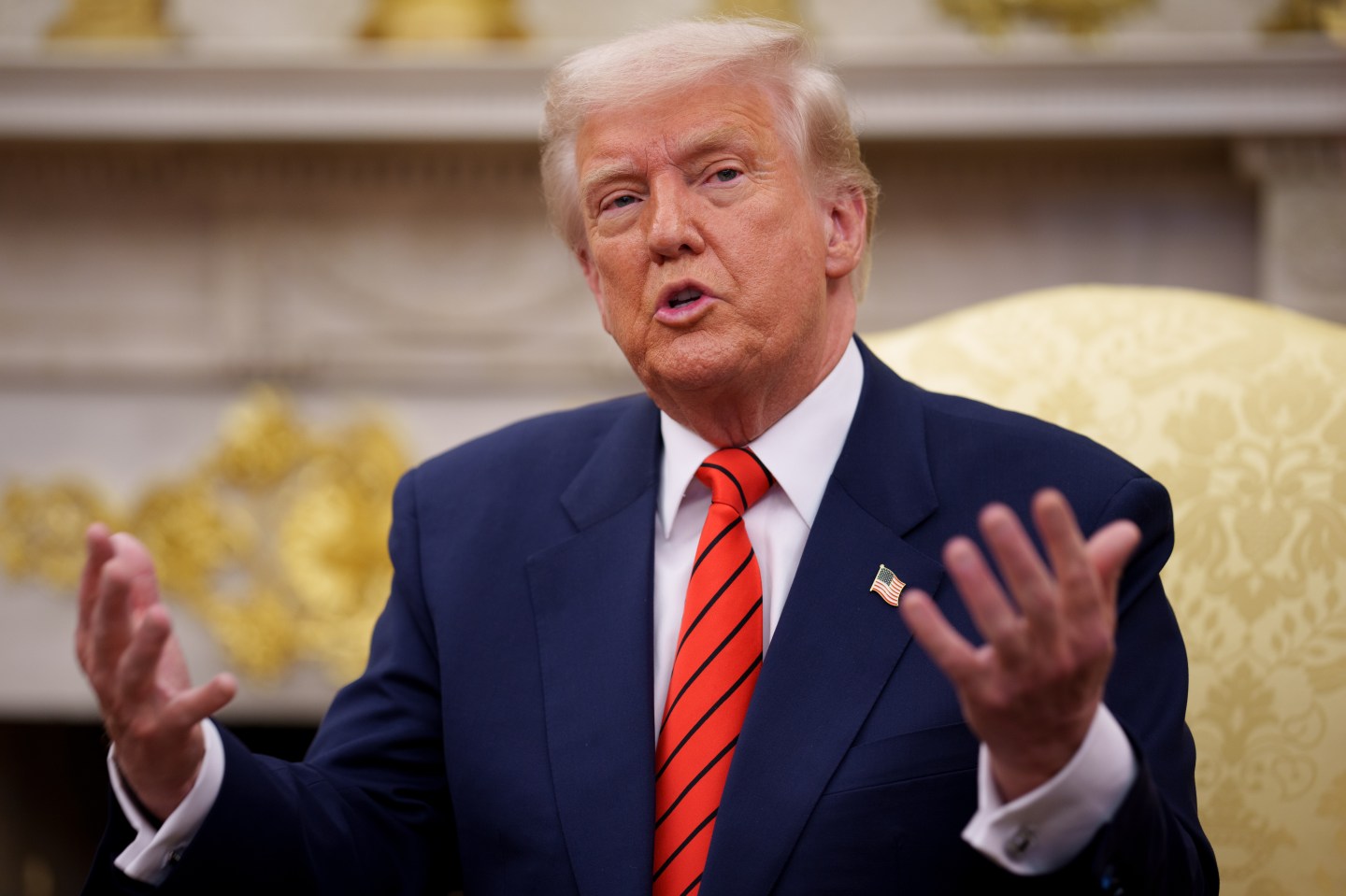From ServiceNow CEO Bill McDermott to JPMorgan’s Jamie Dimon, top executives are sounding the alarm on current political uncertainty. “Business doesn’t like uncertainty, capital markets don’t like uncertainty, and there is a lot of uncertainty,” McDermott told the Wall Street Journal, echoing Dimon’s remarks to Semafor: “Uncertainty is not a good thing.”
While political and economic uncertainty often disrupts planning, delays investments, and increases market volatility, it also presents strategic opportunities—especially for leaders with C-suite ambitions.
Take Citigroup CFO Mark Mason. In a 2023 interview with Fortune’s Sheryl Estrada, he recalled a career-defining moment during the 2008 financial crisis. As CFO and head of strategy and M&A for Citi’s global wealth management division, he led the successful joint venture between Smith Barney and Morgan Stanley—an achievement that ironically left him without a role. As he weighed external opportunities, then-CFO Gary Crittenden called him with a piece of advice: “Mark, careers are defined in times of crisis.”
“In many ways, he was right,” Mason reflected.
For aspiring CEOs, uncertainty offers a high-visibility chance to step up, tackle complex problems, and prove their ability to lead through volatility. Crises create leadership gaps, paving the way for those willing to take on restructuring efforts, strategic pivots, and risk-intensive roles. Those who can spot trends, anticipate industry disruptions, and drive transformation—from AI adoption to regulatory shifts—can outmaneuver risk-averse executives and fast-track their rise to the top.
This advantage is particularly strong in politically sensitive industries like defense, health care, and telecommunications. Research backs this up: Julian Atanassov, associate professor of finance at the University of Nebraska-Lincoln, and others found that companies often increase R&D investments during uncertainty, viewing them as strategic growth opportunities.
“The most important lesson [for leaders] is don’t despair. Use this as an opportunity to strengthen your competitive advantage,” Atanassov told me. Sharp, opportunistic leaders can capitalize on today’s market turbulence and unpredictability by developing cost-effective products to offset tariffs or diversifying into new markets.
And if all else fails, he added, there’s always another form of strategic positioning: take a page from Apple CEO Tim Cook’s playbook and forge strong relationships with policymakers shaping the business landscape.
Ruth Umoh
ruth.umoh@fortune.com
Today’s newsletter was curated by Lily Mae Lazarus.
Smarter in seconds
Close confidante. CEOs are turning to AI for business advice and they trust it even more than their friends
Word to the wise. Melinda French Gates said Warren Buffett’s advice helped her set boundaries as a leader
Money talks. Skyrocketing CEO pay can lead to huge corporate culture problems
Mixed feelings. The best leaders aren’t decisive. They’re ambivalent
Leadership lesson
Zig Serafin, CEO of Qualtrics, on advice he’d give his past self during his corner office climb:
“You’re constantly in a process of reinvention, and that reinvention means you’re taking risks. You’re learning new things. You’re going to have to work with new people. You have to be willing to invest in things that may be going against the convention.”
News to know
Young professionals are increasingly leaving the corporate rank and file to buy and run small businesses. NYT
Some retail CEOs remain optimistic about a trade war, pointing to diversified supply chains and past experience handling tariffs. Fortune
Elon Musk’s Tesla is ringing the alarm on retaliatory tariffs, warning that it could disproportionately harm U.S. exporters and the automotive sector. Fortune
The wage gap between job stayers and job switchers has shrunk to a 10-year low. WSJ
President Trump plans to speak with Russian President Vladimir Putin on Tuesday as the U.S. pushes for a ceasefire in Ukraine. CNBC
The Trump administration's rollback of DEI initiatives has led global companies to scale back their U.S. policies. Bloomberg
New York Sen. Chuck Schumer is facing backlash from fellow Democrats for backing a Republican spending bill, with critics accusing him of surrendering leverage. NYT












